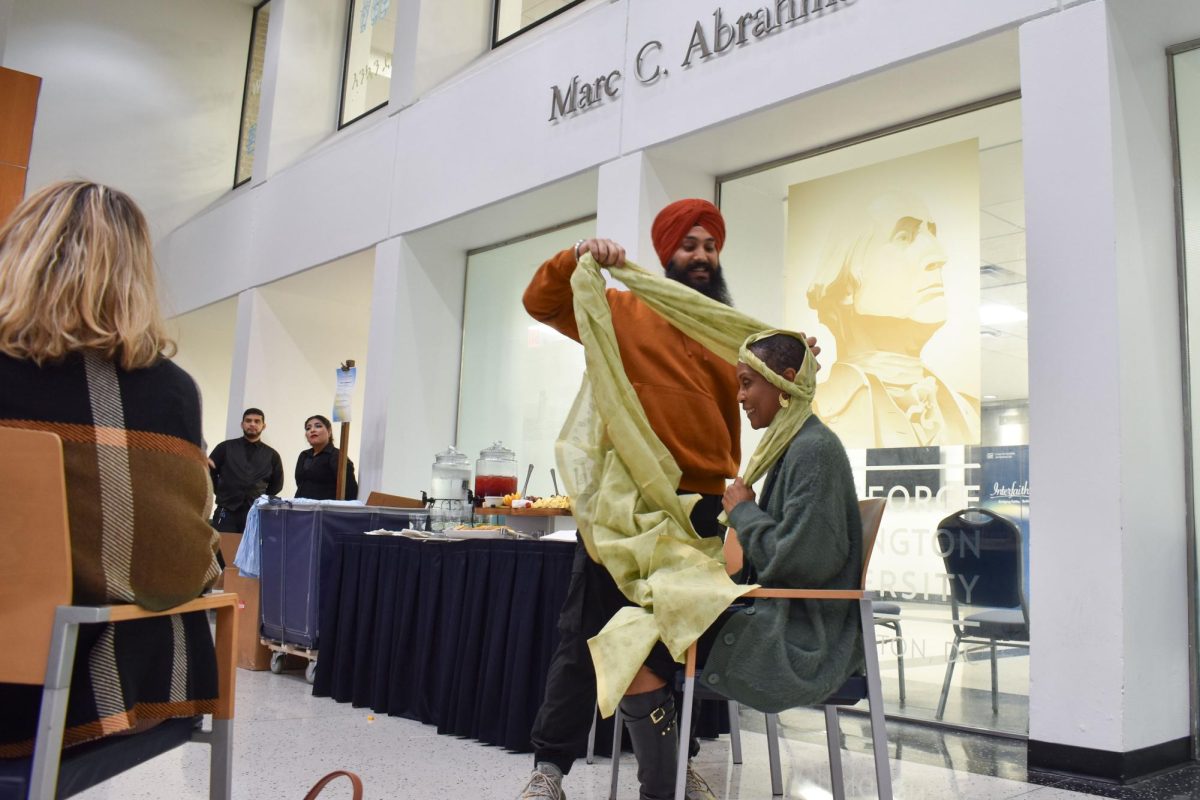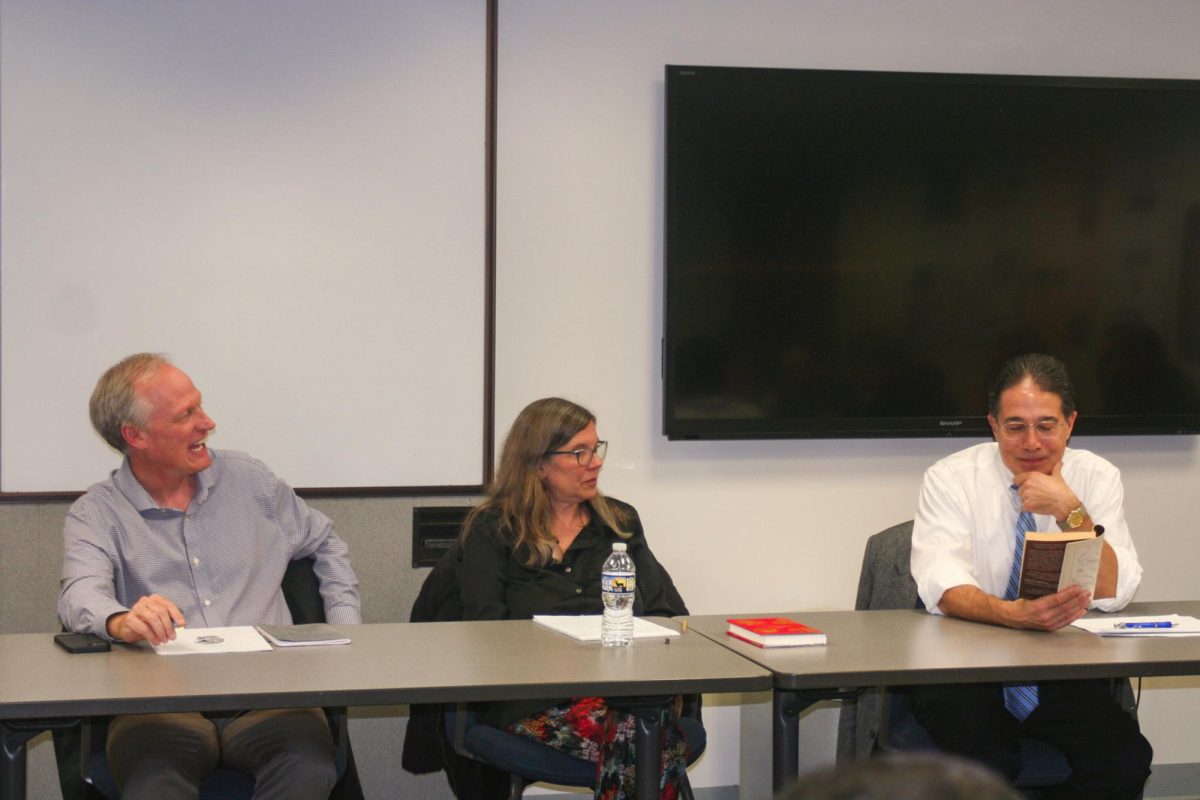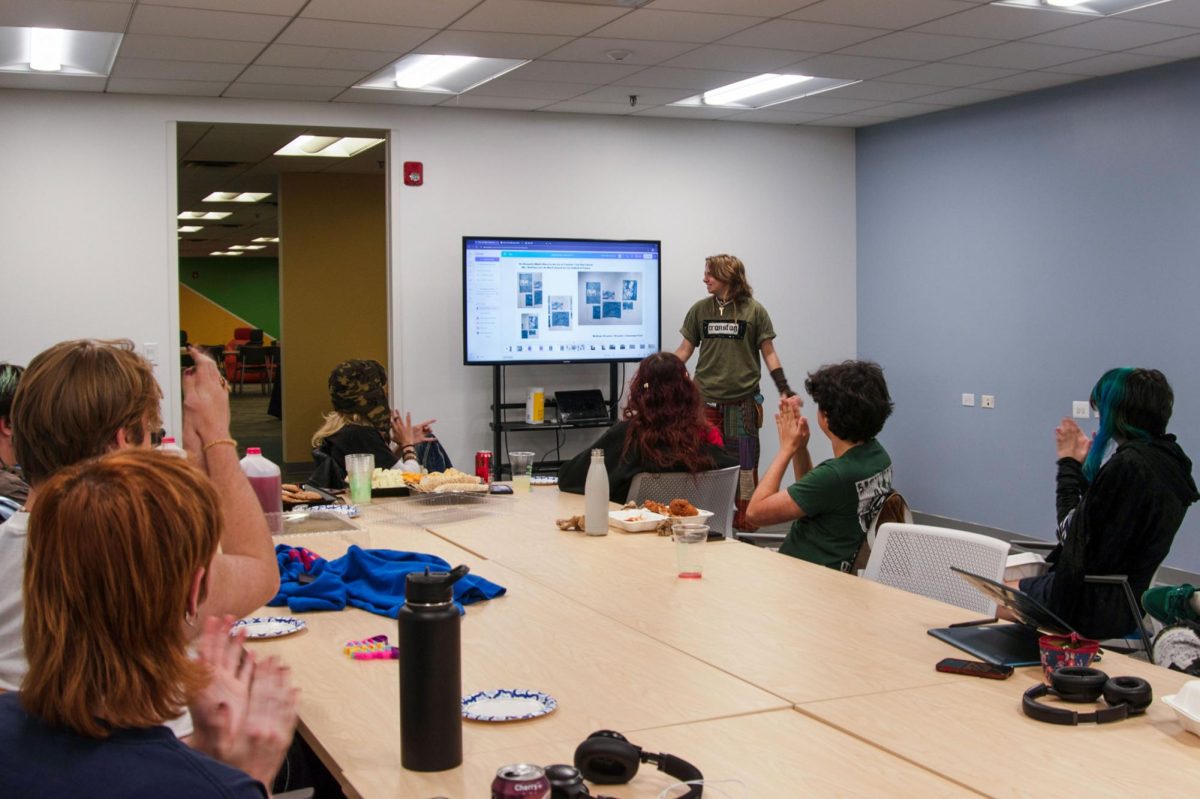Students interested in learning more about international issues will be able to research and write their own work in GW’s new social justice student writing organization.
GW Ubuntu, which registered with the Division for Student Affairs late last month, will publish weekly articles on its Linktree to raise awareness about global and diversity issues, like the health effects of gentrification on Black Americans. Members said the group will focus on international problems like refugee crises and women’s rights to raise awareness for the issues often overlooked by mainstream media among their peers.
“As one human race, it’s our job and our responsibility to create a platform or to be a part of a platform that helps others, that helps the ones who are silenced,” said sophomore Hewan Abera, the president of GW Ubuntu.
Abera said she came up with the idea for the group in July, as people increased activism amid the pandemic and nationwide protests against police brutality. She said she named the group after the Nguni Bantu term Ubuntu, which translates to “humanity toward others,” to set the organization’s focus on international human rights issues.
She said group members will pitch ideas to the executive board at biweekly meetings and discuss their research with each other. Group members will share what they learned with one another.
She said student writers will also write about the solutions activists in foreign conflicts advocate for, like a law preventing youth marriage in Ethiopia and its negative health effects. She said students’ articles will be published on their Instagram page’s linked Linktree bio until their website is finished at the end of this month.
Abera, who is on a pre-medicine track, said all students are encouraged to attend the group’s meetings regardless of their major. She said the group plans to release e-board applications by the end of the month, which will include a position for an undergraduate or graduate student studying law who will provide legal expertise to students writing about foreign law.
“In writing about solutions, we need someone who’s going to be able to help us understand what the law says already,” she said.
Junior Eden Gebremariam, a staff writer with Ubuntu, said the organization provides a platform for students to share their research in a topic they are interested in learning more about to raise awareness of the issue among students. She said she is currently writing about the refugee crisis in Africa, which she has enjoyed researching and would not have learned as deeply about if she didn’t have Ubuntu as a space to write on it.
“Right now, there are so many issues around the world,” Gebremariam said. “It’s not possible to be knowledgeable about all of them. But it is nice to be part of a platform where I can take the time to write about an issue that I care about and share with others on campus.”
She said because the organization is new and completely online, the group’s main focus will be increasing their social media presence to attract more members and finish designing their website by the end of the month.
She added that students will be allowed to write either opinion or research pieces on an international issue, which will provide students with both unbiased and argumentative perspectives on human rights concerns. Any student can write either an opinion or news article, she said.
“With so many different people coming together, writing on different things, we can begin to see the interconnectedness and see how you can use writing as a tool to inspire change,” Gebremariam said.
Selamawit Weimer, a freshman and writer for the group, said Ubuntu will host and offer students who follow the Instagram account opportunities to raise funds for global nonprofits to support the conflict they write about. She said writing about a crisis students are interested in allows them to realize their responsibility to care for those in a less fortunate situation.
“What I love about the club is the fact that it prioritizes solutions,” Weimer said. “Because there’s a lot of organizations, not just at GW, but in the world that will spend all this time talking about stories and issues that are happening. And a lot of activists will get stuck just protesting things and being mad at the government, being mad at these things. But then it just kind of ends there.”








